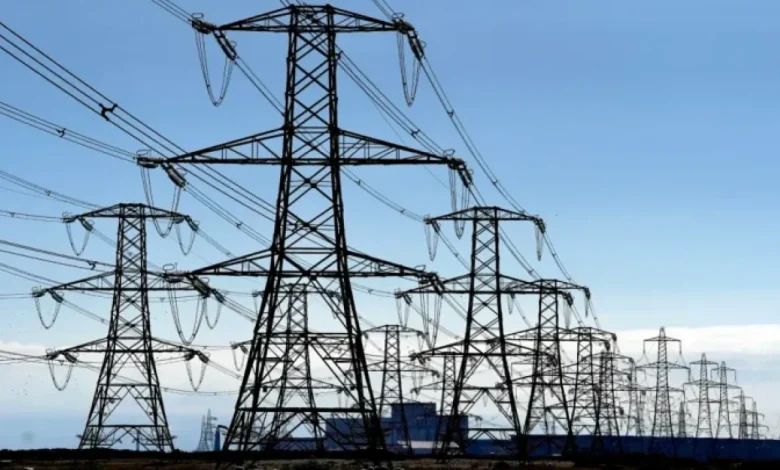
Nigerians are grappling with another wave of darkness as the national power grid has collapsed for the third time in just one week, plunging numerous states into total blackout.
The latest incident occurred early Saturday morning, with data from the Nigerian System Operator’s portal revealing a staggering zero megawatts (MW) recorded as of 8:16 AM.
Reports indicate that all 22 generation companies (GenCos) are offline, leaving millions in uncertainty. As of this writing, the Transmission Company of Nigeria (TCN) has yet to confirm the reasons behind this latest failure, adding to the growing frustration among citizens who have already faced multiple outages this year.
The current grid collapse marks the eighth disturbance in 2024, following a troubling pattern. Earlier this year, on February 4, Nigeria experienced its first blackout when the grid’s capacity plummeted from 2,407 megawatts to a mere 31 megawatts before completely shutting down.
While the TCN has remained silent on the recent failures, Minister of Power Adebayo Adelabu expressed that such collapses are becoming increasingly inevitable due to the dire state of the country’s power infrastructure. He highlighted the urgent need for regional and state-level power grids to prevent widespread outages.
Speaking at the unveiling of Hexing Livoltek, an electricity meter manufacturing company in Lagos, Adelabu noted that the decentralization of the power sector facilitated by the Electricity Act signed by President Bola Tinubu in 2023 would allow for greater stability. He emphasized, “We currently rely on a single national grid; if there is a disturbance, it affects all 36 states. This should not be the case.”
Adelabu’s vision includes the establishment of multiple regional grids that can operate independently, ensuring that power issues in one area do not ripple across the entire nation. However, he cautioned that without substantial investment in the sector, these improvements may remain out of reach, leaving millions of Nigerians in the dark.





